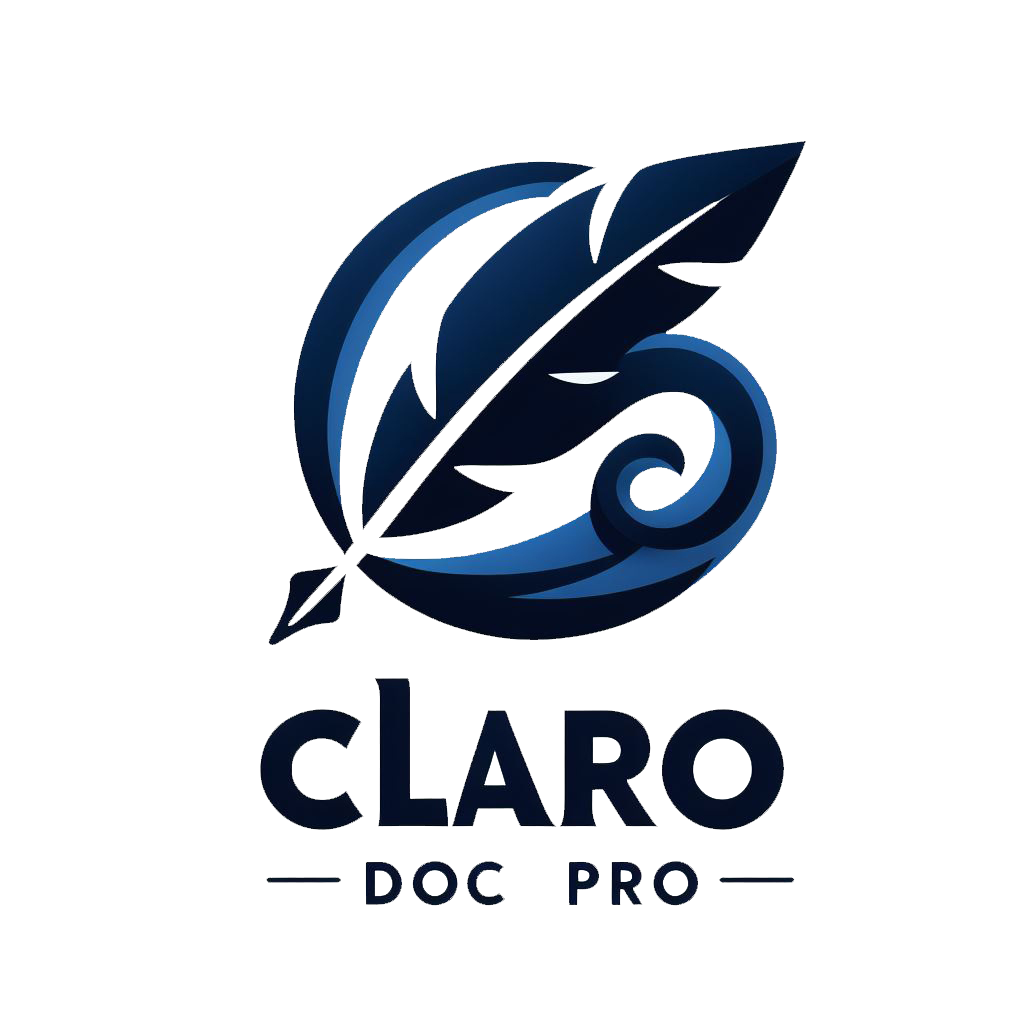A nonprofit corporation (NPO) is a unique organizational structure designed to serve a specific purpose or mission, rather than generate profits for owners. Key characteristics include:
- Financial management: Surplus funds or "profits" are reinvested to further the organization's goals, not distributed to individuals.
- Ownership: Unlike for-profit entities, NPOs don't have shareholders or owners who receive financial benefits.
- Leadership: While NPOs have boards of directors and officers, these individuals don't receive profits from the organization's activities.
NPOs operate in diverse fields, often providing public services such as:
- Charitable work
- Fine arts support
- Healthcare and medical research
- Educational initiatives
- Political awareness campaigns
- Religious activities
Emerging trends:
Hybrid nonprofit models are gaining traction, particularly in sectors like:
- Agriculture
- Retail (e.g., cooperative grocery stores)
- Healthcare (e.g., medical dispensaries)
These hybrids often feature cooperative ownership structures, where members or employees have equal stakes in the organization.
NPOs play a crucial role in addressing societal needs and fostering community development, offering an alternative to profit-driven business models.
